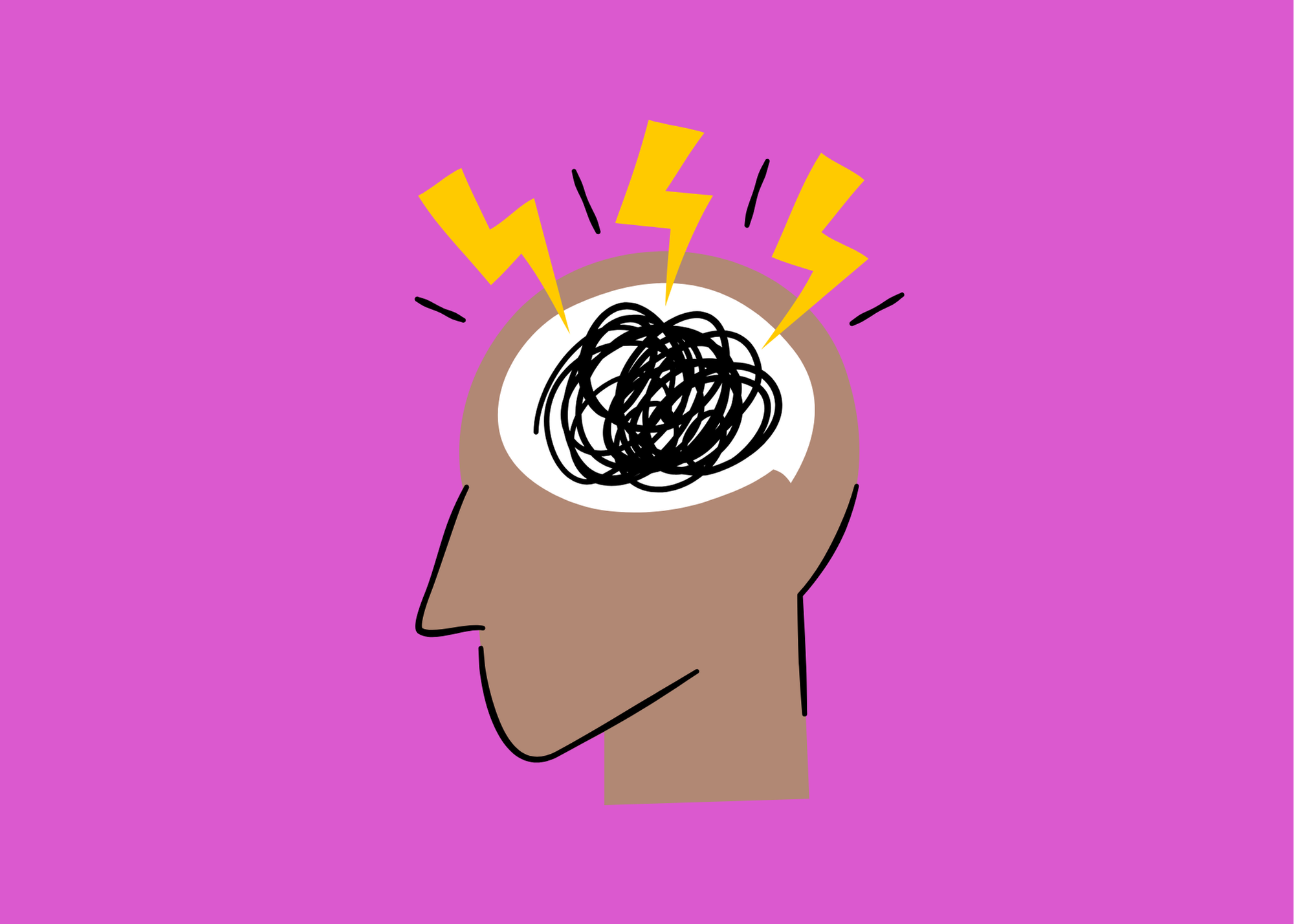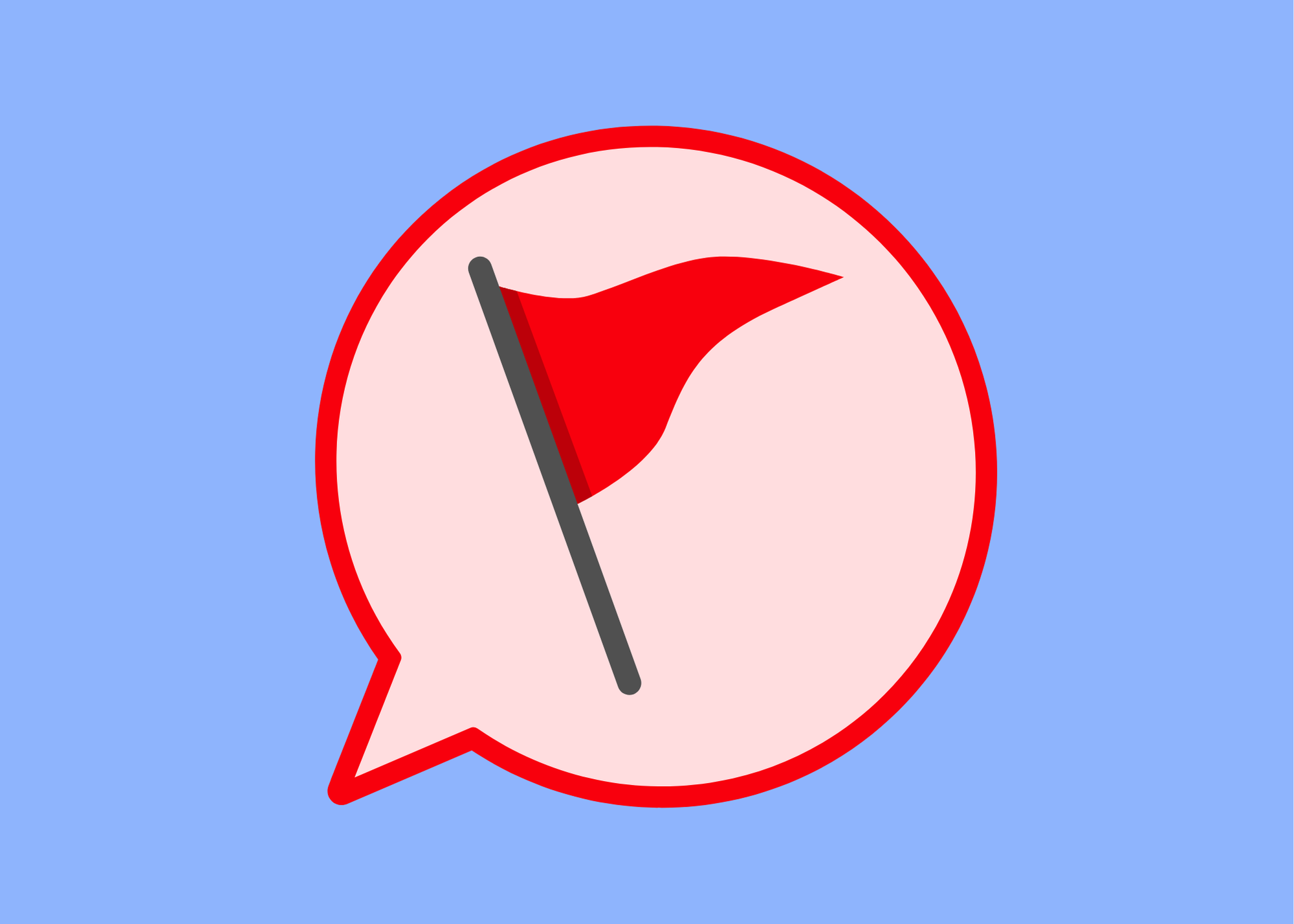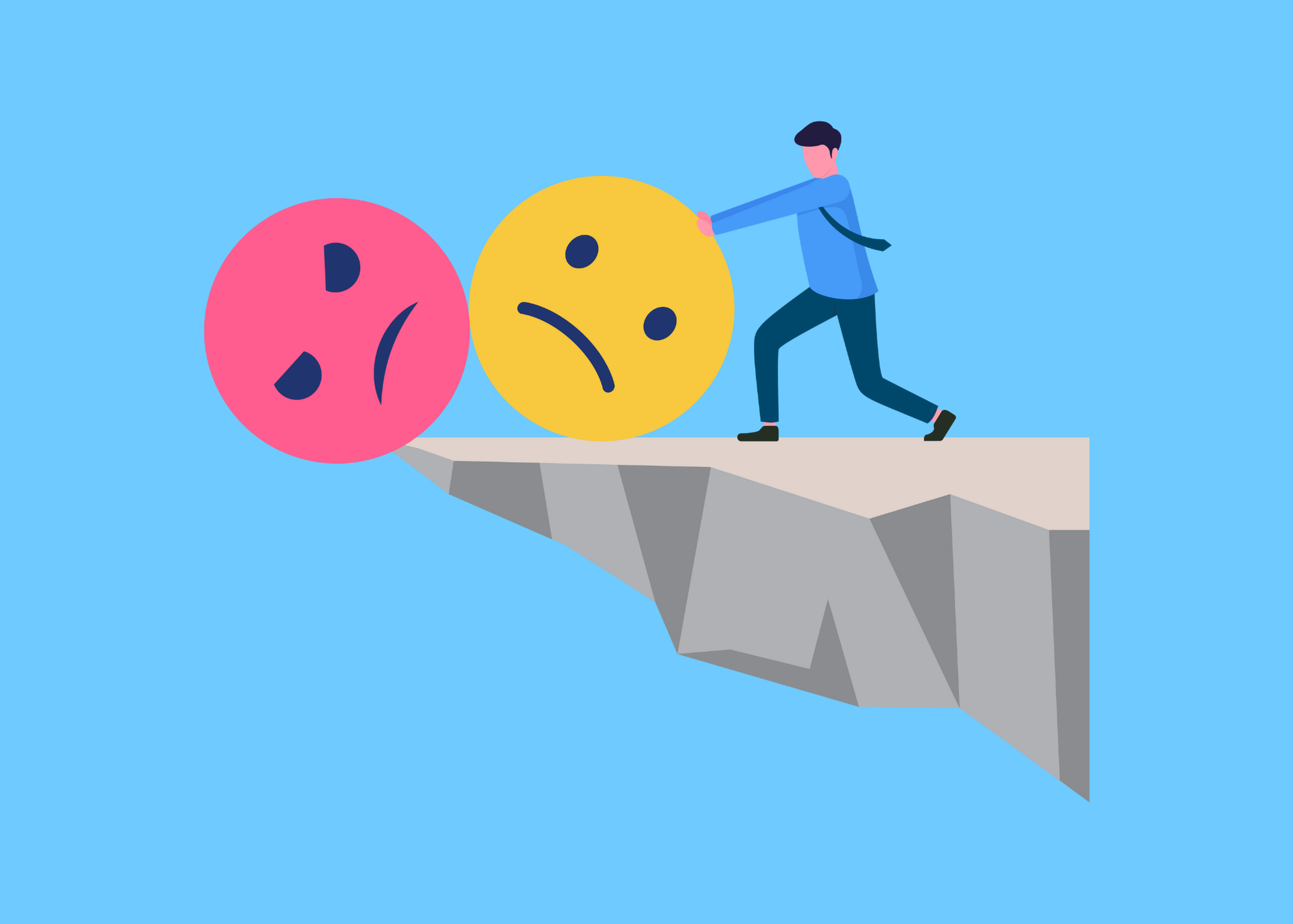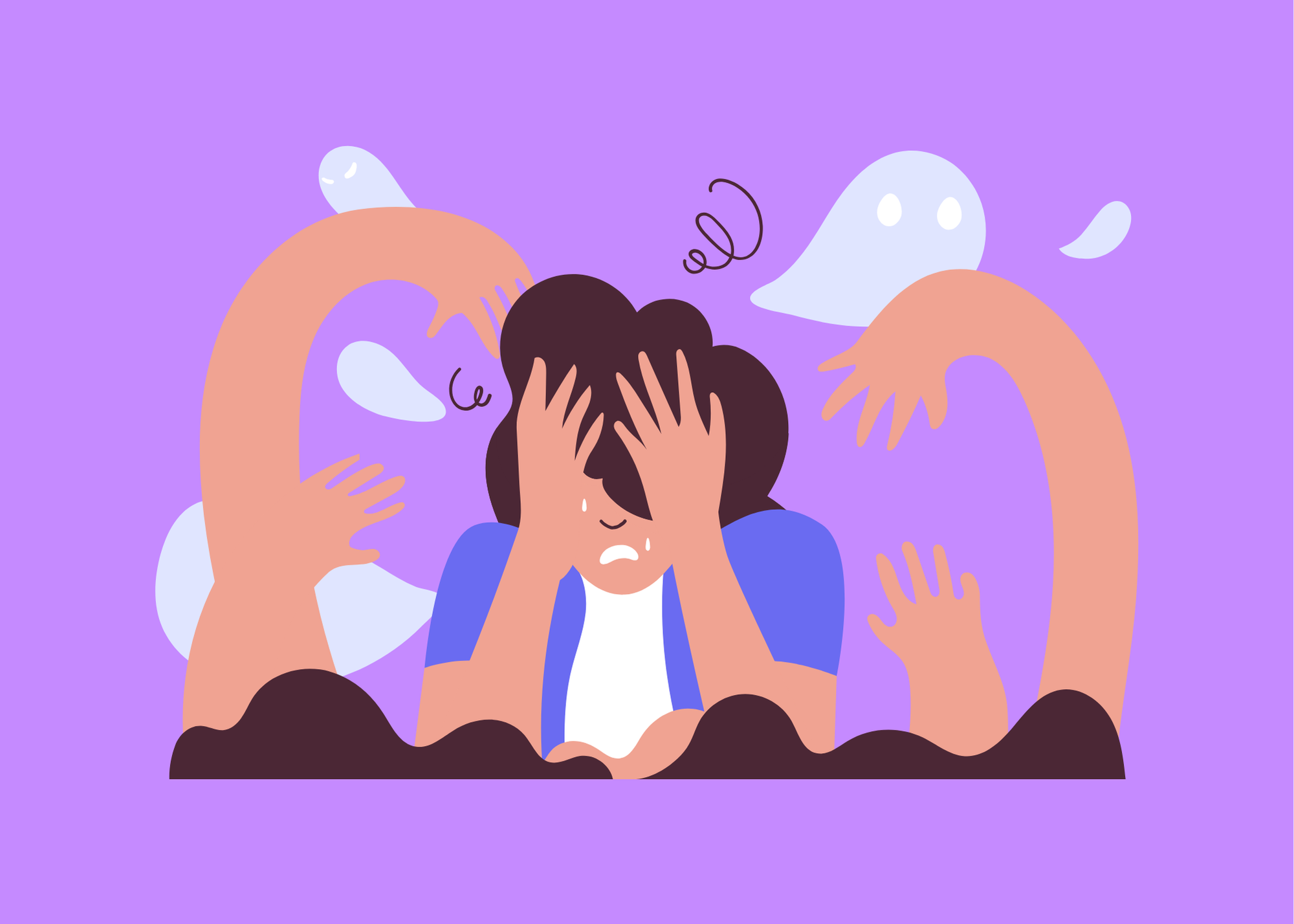What to Do When You Feel Stuck in a Chronic Stress Cycle to Prevent Burnout
Chronic stress doesn’t always look like collapse. Sometimes it looks like overachievement, people-pleasing, and silently suffering behind success.
Let’s get one thing straight: chronic stress isn’t just "part of the job." It’s a warning light your body keeps flashing—and ignoring it comes at a cost. If you’re a high-performing professional constantly pushing through fatigue, irritability, and overwhelm, you’re not lazy, unmotivated, or broken. You’re stuck in a chronic stress cycle. And the longer you stay there, the closer you inch toward full-on burnout.
But here’s the good news: burnout is not inevitable. It’s preventable.
As a health and wellness coach for high achievers navigating stress and burnout, I specialize in helping people like you rebuild energy, focus, and purpose. And I’m not here to hand you a meditation app and call it a day. I use a science-backed, six-dimensional framework called Deep Health—and it actually works. Let’s dig in.
First, Let’s Decode What’s Really Happening in a Stress Cycle
Stress triggers a survival response. Your brain flips the switch: cortisol surges, your heart races, and your body prepares to fight, flee, or freeze. All very helpful when you’re running from a tiger. Not so much when you’re juggling Slack notifications, a crammed calendar, and back-to-back performance reviews.
When this survival state becomes your default mode, you enter the stress cycle—and stay stuck.
That cycle has three stages:
1. Alarm
You sense a threat (a deadline, a conflict, even an overflowing inbox) and your body reacts fast.
Cue cortisol, adrenaline, a racing heart, and tunnel vision. You’re wired but not necessarily productive.
2. Resistance
If the stressor lingers, you shift into survival mode.
You power through emails, lead Zoom meetings while eating lunch standing up, and tell yourself you’ll rest "after this project." Sound familiar?
The problem? Your body never gets the "all clear" it needs to recover.
3. Exhaustion
Eventually, your system tanks.
Brain fog. Digestive issues. Trouble sleeping. Emotional outbursts. Or worse—numbness.
This is the stage where high achievers often crash. Quietly. Behind closed doors. And sometimes, permanently.
Let’s not wait for that.
The Real Fix: Break the Cycle with Deep Health
Deep Health is a six-dimensional model that treats the human body and mind as an interconnected system—because that’s what it is. Physical, mental, emotional, social, environmental, and existential health all work together. You can’t green smoothie your way out of burnout if your relationships are toxic and your work feels meaningless.
Let’s break this down:
1. Physical Health: Your Nervous System Is Not a Machine
You can’t "outwork" stress with willpower. Your body keeps the score. Chronic stress wrecks your hormones, tanks your immunity, and fries your sleep. Here’s what to do:
Prioritize Real Sleep: Aim for 7-9 hours. Set a wind-down routine (no screens, dim lights, magnesium if needed). Treat sleep like your next promotion depends on it—because it does.
Move Often, Not Just Hard: Forget punishing workouts. Think walking meetings, yoga flows, 10-minute bodyweight circuits. Gentle movement helps burn off stress hormones without adding more pressure.
Eat to Recover, Not Just to Function: Focus on anti-inflammatory foods: leafy greens, omega-3s, berries, and protein at every meal. Keep caffeine and alcohol in check. No, coffee is not a food group.
2. Mental Health: You Can’t Problem-Solve If Your Brain Is Toast
Chronic stress hijacks your prefrontal cortex (the rational part of your brain) and leaves you operating from fight-or-flight mode. Let’s bring your thinking brain back online:
Interrupt the Spiral: Use mindfulness techniques like box breathing, 5-4-3-2-1 grounding, or a body scan. These aren’t just woo-woo. They rewire your brain to stop reacting and start responding.
Challenge the Inner Drill Sergeant: High achievers often catastrophize. Replace "I can’t do this" with "What’s one next step I can take right now?"
Set Boundaries with Your Brain: If you wouldn’t let someone talk to your team like your inner critic talks to you, it’s time for new internal leadership.
3. Emotional Health: Feel Your Feelings, Don’t Bypass Them
Stress isn’t just mental. It’s emotional. When you suppress emotions, they don’t vanish—they resurface as chronic tension, irritability, or even illness.
Name It to Tame It: "I’m anxious." "I’m overwhelmed." Labeling emotions helps regulate them.
Feel to Heal: Cry. Scream into a pillow. Journal. Dance it out. No shame in emotional release—it’s biology, not drama.
Practice Micro-Moments of Joy: Watch something funny. Hug your dog. Text someone you love. Emotional regulation isn’t just about reducing distress—it’s about increasing capacity for joy.
4. Relational Health: Stop White-Knuckling Everything Alone
Isolation is a stress amplifier. Humans are wired for connection, not hyper-independence.
Check Your Support System: Are you venting or actually being heard? There’s a difference.
Audit Your Relationships: Who gives you energy, and who drains it? Adjust accordingly.
Ask for Help: Delegate. Outsource. Say "I need support" without apology. High-functioning does not mean invincible.
5. Environmental Health: Your Space Affects Your State
Clutter, noise, artificial light—your environment either supports or sabotages your nervous system.
Declutter to Destress: Tidy workspace = clearer mind.
Build a Recovery Zone: One space in your home with soft lighting, a blanket, and zero screens. Use it for nothing but decompressing.
Bring in Nature: Plants, fresh air, natural light. Science says it calms the nervous system. Your nervous system will say thank you.
6. Existential Health: Get Clear on What Actually Matters
Here’s the real mic drop: a lot of stress isn’t about workload. It’s about misalignment. You’re hustling for goals you don’t even care about anymore.
Reconnect to Your "Why": What drives you outside of metrics and status? Family? Freedom? Impact?
Define Success On Your Terms: Not your manager’s. Not your LinkedIn feed’s. Yours.
Pursue Meaningful Micro-Actions: A side project. Volunteering. A creative hobby. Something that reminds you you’re more than your calendar.
Okay, But What Do I Do Right Now?
Here’s your quick-start plan:
Identify Your Stage: Alarm, resistance, or exhaustion? Be honest. No judgment.
Pick ONE Deep Health Dimension: You don’t need to fix everything today. Start where the pain is loudest.
Set a Recovery Ritual: 10 minutes daily. No screens. Breathwork, journaling, a walk, whatever grounds you.
Schedule It Like a Meeting: If it’s not on your calendar, it doesn’t exist.
Track Micro-Wins Weekly: You’re rewiring your habits. Progress counts more than perfection.
Still Stuck? You Might Need a Co-Pilot
Let’s be real: breaking out of chronic stress often requires more than another self-help article. You need structure, accountability, and someone who can spot your blind spots.
That’s what I do.
As a certified master health coach, I help high-achievers like you recover from chronic stress, redesign their habits, and reclaim their well-being. I won’t coddle you, but I will have your back.
Final Thoughts
Chronic stress doesn’t always look like collapse. Sometimes it looks like overachievement, people-pleasing, and silently suffering behind success.
You don’t have to white-knuckle your way through life.
Break the cycle. Rewire your stress response. Reclaim your energy.
Because you weren’t made to just cope. You were made to thrive..
Need Help? You look like you’ve got it together. But inside, it’s chaos.
Chronic stress doesn’t always look like a breakdown. Sometimes it looks like high-functioning exhaustion, overachievement, and pretending you’re fine.
If that’s you, let’s get real—and get you a plan.
💬Book a free 20-minute consult. You don’t have to figure this out alone.
Article References
The sources cited in the article:
Precision Nutrition (PN). "The Deep Health Coaching Method." PN - The Deep Health Coaching Method
Forbes. “5 Daily Behaviors to Crack the Stress Cycle and Prevent Job Burnout.” Forbes - Behaviors to Crack the Stress Cycle
Greatest. “How to Complete the 3 Stages of the Stress Alarm Cycle.” Greatest - Complete the Stages of the Stress Alarm Cycle
Harvard Extension School. “6 Strategies for Maintaining Momentum in Chaotic Times.” Harvard - Momentum in Chaos
PsychCentral. "How to Complete the Stress Response Cycle." PsychCentral - How to Complete the Stress Response Cycle
CPTSD Foundation. "Completing the Stress Cycle: The Key to True Healing.” CPTSD Foundation - Completing the Stress Cycle






